Food is a Signaling Substance: Why Processed Foods are Harmful to Health
Ali Segersten Jan 15, 2025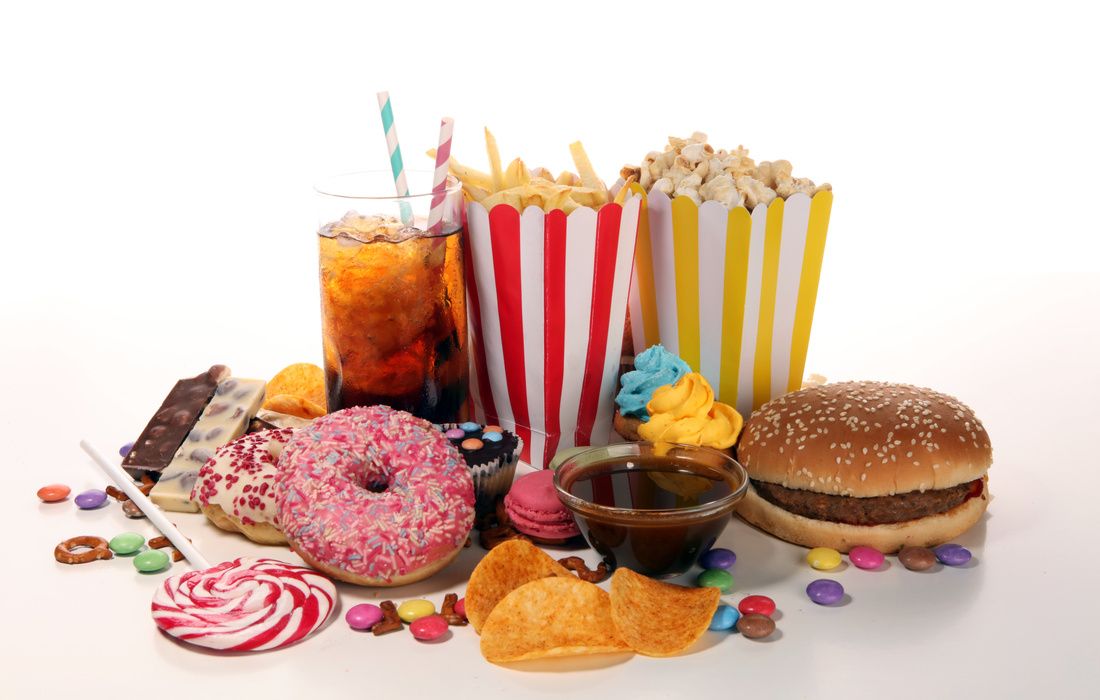
The definition of the word “whole” is “a thing that is complete in itself.” When we eat foods in their whole form we get all nutrients, carbohydrates, proteins, and fats in perfect balance. These compounds act synergistically to orchestrate all reactions in our bodies. When some nutrients are missing, the body cannot function properly, and when many nutrients are missing for an extended period of time, the body can become diseased. Obesity, chronic inflammation, food allergies, infertility, and many other diseases stem from the body being starved of essential nutrients that are lacking in a processed foods diet.
Food is a Signaling Substance
It is easy to lose sight of the reasons why we eat. We feel hungry and immediately think of calories—eating to fill up. The real reasons our bodies need food goes beyond the ingestion of calories. Food, by nature, is a signaling substance.
The chemical composition of food, its vitamins and phytonutrients, sends signals to our cells designating how the genes will express themselves; this means that every time we eat we tell our bodies which genes to turn on, and which genes to turn off. Did you know that there is more gene expression within two hours after eating than any other time of the day? This is the fascinating world of nutrigenomics, the idea that food is information, not merely calories.
Processed Foods and Gene Expression
With this understanding of gene expression, you can see that when you eat a diet of processed foods full of chemicals and devoid of nutrients, you may be telling your genes to turn on for certain diseases you are predisposed to. On the other hand, when you eat a whole foods diet rich in plants the opposite is possible.
Research has indicated that a plant-rich whole foods diet can communicate to your genes in a way that can prevent and alter disease progression. If you want to lower the risk of developing allergies and disease, then you can change the way your genes are being expressed by eliminating processed foods and eating a nutrient-dense, organic whole foods diet.
What Constitutes a Processed Food?
There is a lot of debate on what actually constitutes a processed food. In reality there is a continuum of processed foods ranging from naturally preserved foods, like home-canned tomatoes or frozen berries, to completely denatured foods, such as high fructose corn syrup. Foods that undergo minimal processing can still be very nutritious, such as extra virgin olive oil, virgin coconut oil, and raw apple cider vinegar.
Highly processed foods include man-made pseudo-foods, such as artificial sweeteners and hydrogenated oils. Processed foods often have non-food constituents added to them such as bleaching agents, solvents, and alkalizing agents, and are often fortified with synthetic vitamins. For the purpose of this blog post, processed foods refer to those that are highly processed: those that are entirely manmade, or have had parts removed from or added to them, such as the refining of corn into high fructose corn syrup, or the bleaching and enriching of white flour.
What’s in a Chicken Sandwich?
Take an unassuming grilled chicken sandwich with lettuce, tomato, and melted cheese—something you might get when dining out. Let’s throw in a side of fries and a diet soda as well. Seems pretty straightforward, right?
What you don’t see are the large amounts of chemicals used on the genetically engineered grains or the arsenic added to the feed the chicken ate, whose meat now contains those chemicals, and the antibiotics that were added prophylactically to its feed. You don’t see pesticide residues on the lettuce and tomato; chemicals never tested for human safety. You don’t see rBGH, a genetically engineered hormone that was injected into the cows to produce more milk and is now in your cheese.
What about the toxic combination of artificial sweeteners and caffeine in your soft drink? It has neuroexcitatory toxins that can kill brain cells, cause migraines and joint pain. How about a little sodium acid pyrophosphate, to maintain color, or dimethylpolysiloxane, to prevent foaming, in your fries? Unfortunately, these chemicals are in most seemingly “natural” fries when you dine out.
Let’s not forget about the bun; not only is it made from refined wheat—white flour— that can be highly inflammatory, but it most likely contains a list of ingredients you can’t pronounce. If you wouldn’t keep a jar of some of these unpronounceable ingredients in your kitchen cabinet, then they don’t belong in your diet.
Loss of Nutrients in Processed Foods
Not only are many processed foods full of genetically engineered ingredients and unnatural chemicals, but they are high in calories and low in nutrients. A diet of processed foods essentially starves your body while at the same time causing weight gain, as the body, in its innate wisdom, keeps demanding more food in order to get the necessary vitamins, minerals, fats, and amino acids.
Eating a diet of refined, processed foods over time can deplete the body of essential nutrients needed for it to function properly. However, eating something refined on a very occasional basis shouldn’t cause much harm if the body is well nourished from a whole foods diet. If you are currently eating a diet heavy in processed foods, start out with the easy swaps, like trading bread for brown rice, fruit juice for an apple or orange, as well as replacing one meal a day for one of the recipes on this site. Over time, you’ll gravitate more and more towards the whole foods and save refined foods for the occasional treat.

Healthy Whole Foods for a Vibrant Life
Whole foods are naturally more calming and nourishing than processed foods. A whole food is something you can imagine growing or living in nature, like kale, chicken, eggs, fish, almonds, carrots, millet, olives, apples, strawberries, brown rice, or avocados. These foods have not been processed, enriched, or denatured in any way. They contain a perfect balance of nutrients, just how nature intended.
Basing your diet around whole foods and using small amounts of minimally processed foods like olive and coconut oils, whole grain gluten-free flours, and natural sweeteners, you’ll most likely see a dramatic improvement in your or your child’s overall health.
If you are ready to transform your relationship with food and begin a healthy eating plan that can carry you through life, there are several foundational diet plans that can get you there. The easiest and most basic whole-food-based diets that include a wide variety of foods are the Clean Eating Diet and IFM Core Food Plan. Both of these diets will lay a strong foundation for health and teach you to cook with a wide variety of whole foods. Remember, diet diversity is a key component to health and longevity.
Two other diets to begin with that include a wide-variety of whole foods are the Mediterranean Diet and the Paleo Diet. The Mediterranean Diet leans towards eating more plant-based meals, while the Paleo Diet is focused on more animal-based meals. You might find that a balance of the two suits you best—some days more plant-based, and some days more animal-based.

About the Author
Alissa Segersten, MS, CN
Alissa Segersten, MS, CN, is the founder of Nourishing Meals®, an online meal-planning membership with over 2000 nourishing recipes and tools to support dietary change and better health. As a functional nutritionist, professional recipe developer, and author of The Whole Life Nutrition Cookbook, Nourishing Meals, and co-author of The Elimination Diet, she helps people overcome health challenges through food. A mother of five, Alissa understands the importance of creating nutrient-dense meals for the whole family. Rooted in science and deep nourishment, her work makes healthy eating accessible, empowering thousands to transform their well-being through food.Nourishing Meals Newsletter
Email updates.
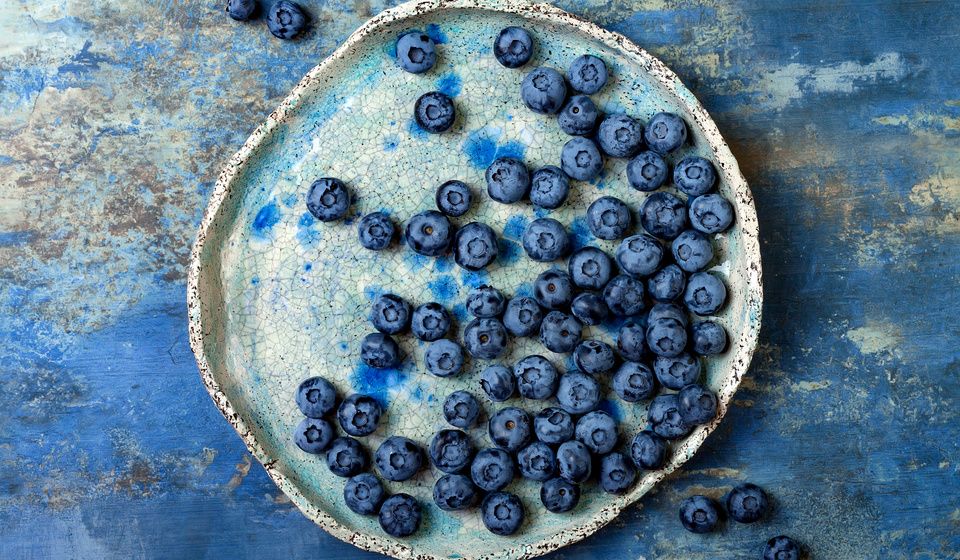
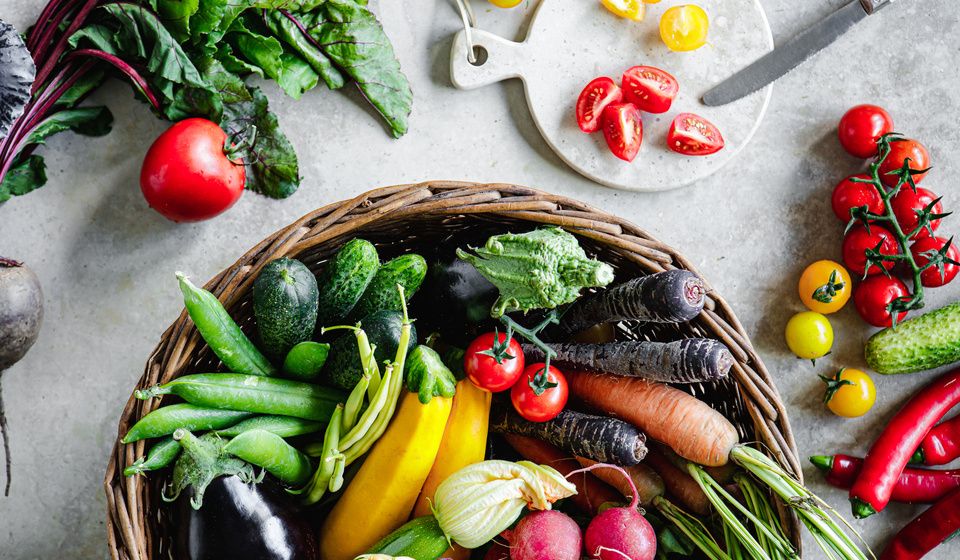
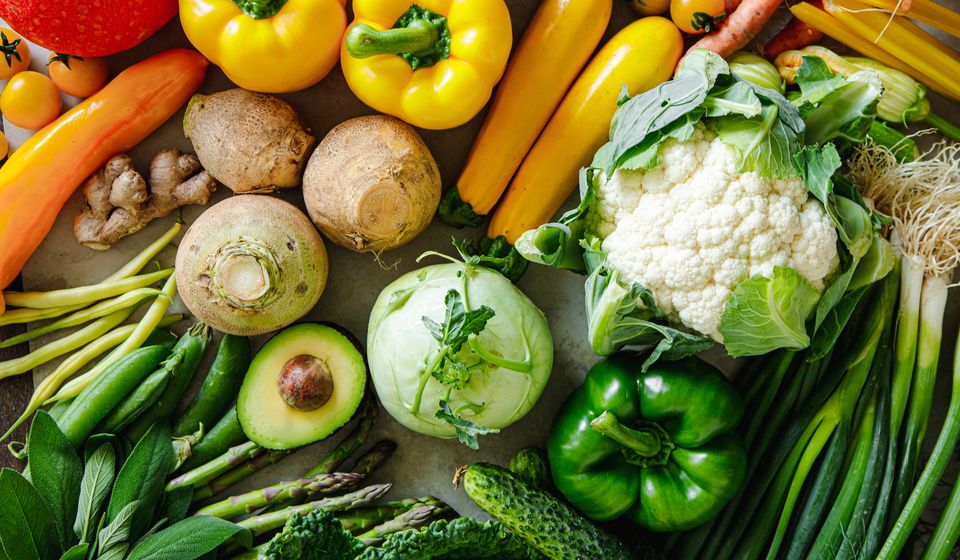
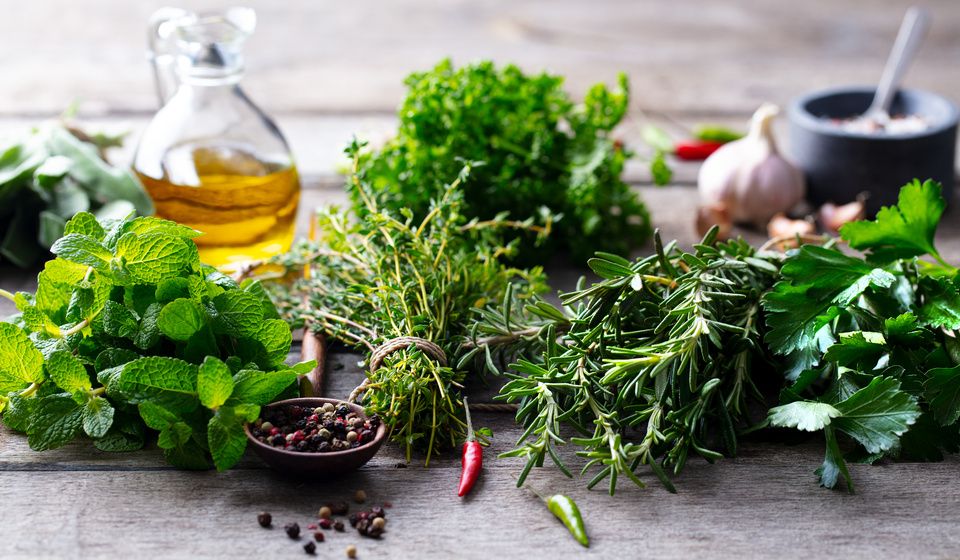


Add Comment